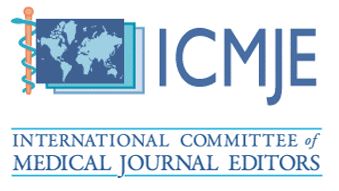Limbic Encephalitis Presenting with Faciobrachial Dystonic Seizures After History of Successfully Treated Thymoma Type B-3 with Excellent Neurocognitive Outcome with Early Immunotherapy
Paraneoplastic Encephalitis syndromes are an inflammatory condition of the brain and central nervous system often associated with cancer diagnoses. In many cases, the paraneoplastic encephalitis is often the initial presentation for an underlying cancer. Limbic encephalitis, a form of paraneoplastic encephalitis, involves inflammatory changes specific to the limbic structures such as the hippocampi, hypothalamus, and limbic cortex. Numerous paraneoplastic and limbic encephalitides have been studied and associated with specific anti-body associated autoimmune processes. Anti-LGI1 encephalitis, is a form of limbic encephalitis associated with antibodies to the LGI1 protein and can present with stereotypical faciobrachial dystonic seizures (FBDS). We describe a case of FBDS in a patient with prior history of treated Thymoma Type B-3, who presented with faciobrachial dystonic seizures. Patient was found to have Anti-LGI1 antibodies on paraneoplastic work up and treated with intravenous immunoglobulin with remarkable response and continued improvement with seizure control and neurocognitive outcome with immunotherapy.
Keywords: Limbic Encephalitis, Thymoma Type B-3, FBDS, Immunotherapy
Citation: Usaamah M. Khan MD, Matthew Anderson MD and Victor H. Gonzalez Montoya “Limbic Encephalitis Presenting with Faciobrachial Dystonic Seizures After History of Successfully Treated Thymoma Type B-3 with Excellent Neurocognitive Outcome with Early Immunotherapy ”. SVOA Neurology 2:2(2021) Pages 44-46.











